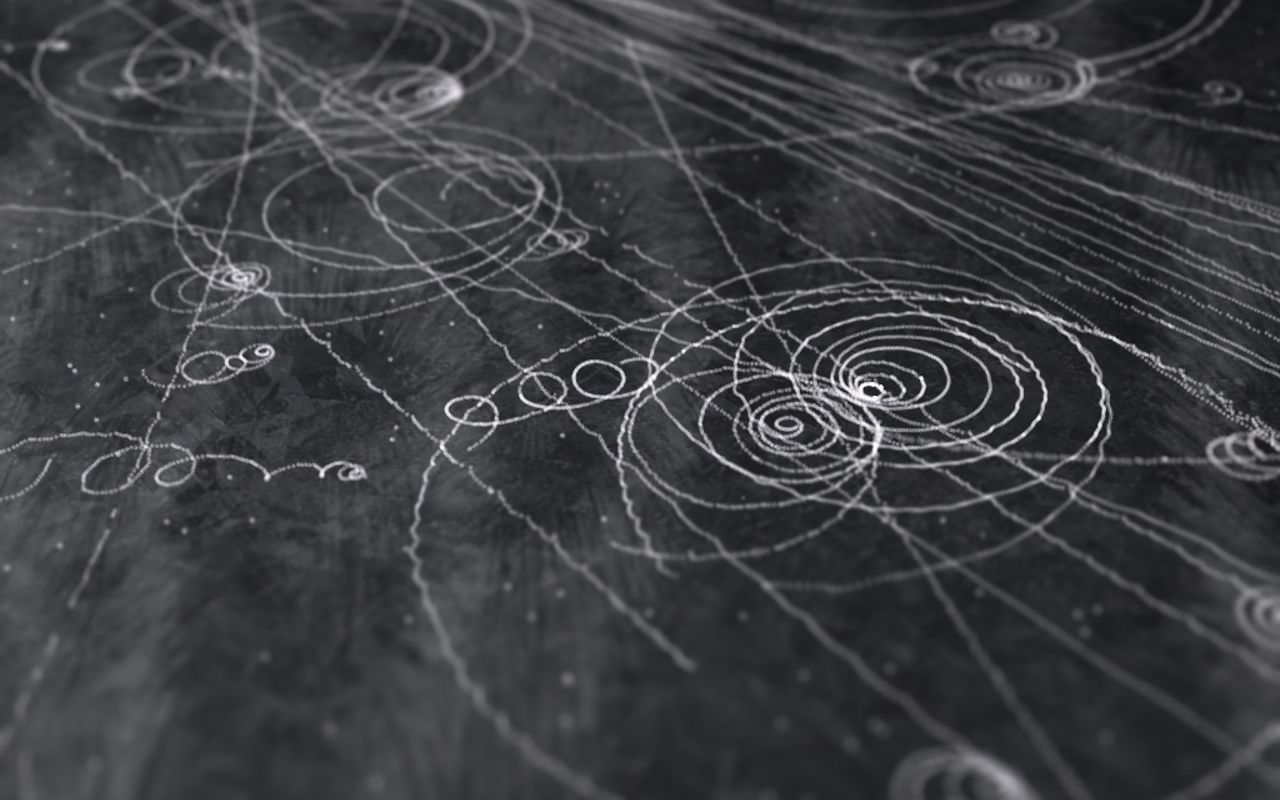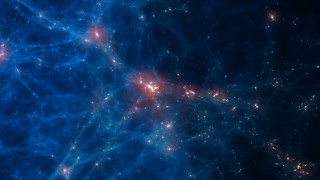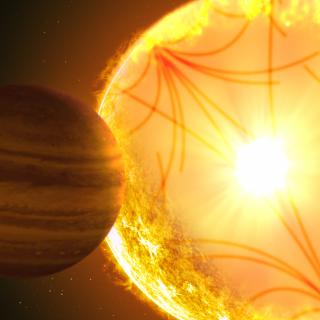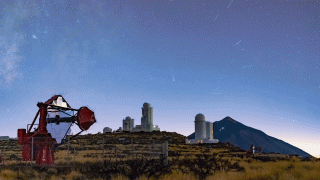Start year
2018
Organizational Unit
Organizing institutions
General
Description
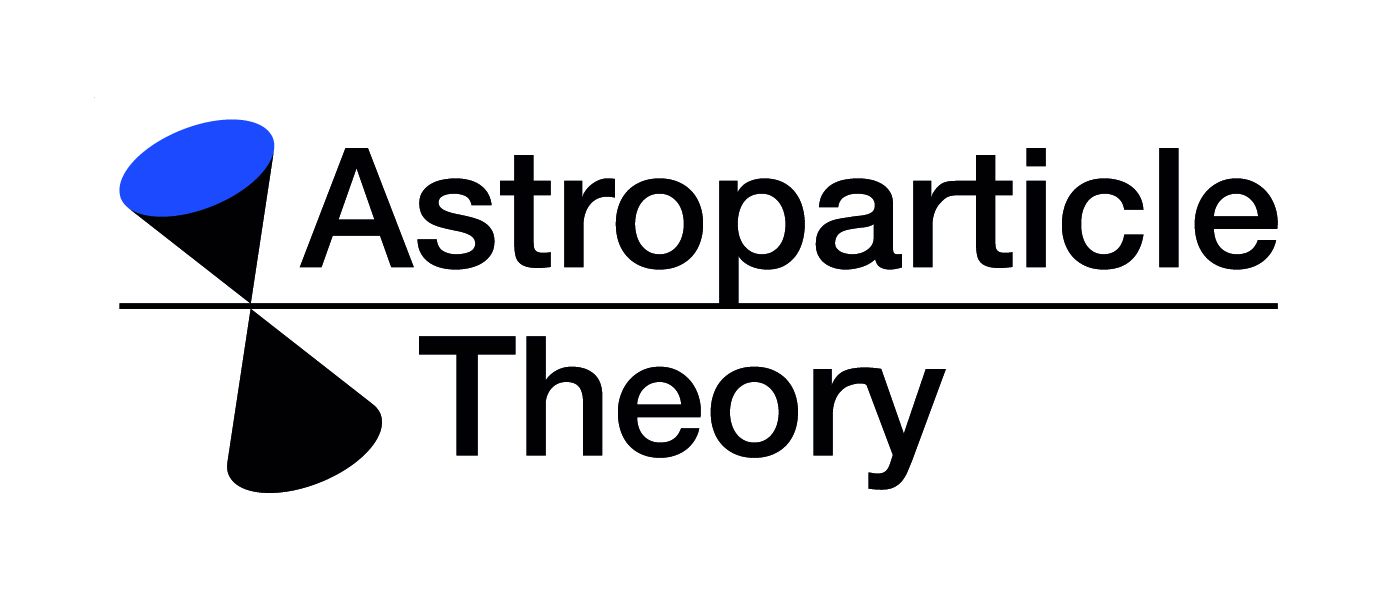
Our group works on theoretical astroparticle physics and our goal is to expand our understanding of the fundamental laws of Nature by exploiting the synergies between astrophysical observations and laboratory experiments. Different lines we are currently working on are:
- Indirect searches of dark matter: New light exotic particles coupled very weakly to the Standard Model (such as the axion or the dark photon) are suitable candidates of dark matter that could manifest through some distinctive signatures in astrophysical observations and laboratory searches. We are currently investigating and developing new strategies to shape observationaly the properties of such type of dark matter including (but not restricted to) stellar cooling of neutron stars and red giants, time series of polarization of pulsar emission and impact of this dark matter on small scale structure. We are also developing new theoretical models of dark matter which could simultaneously address baryogenesis or which could furnish theoretically dark photons.
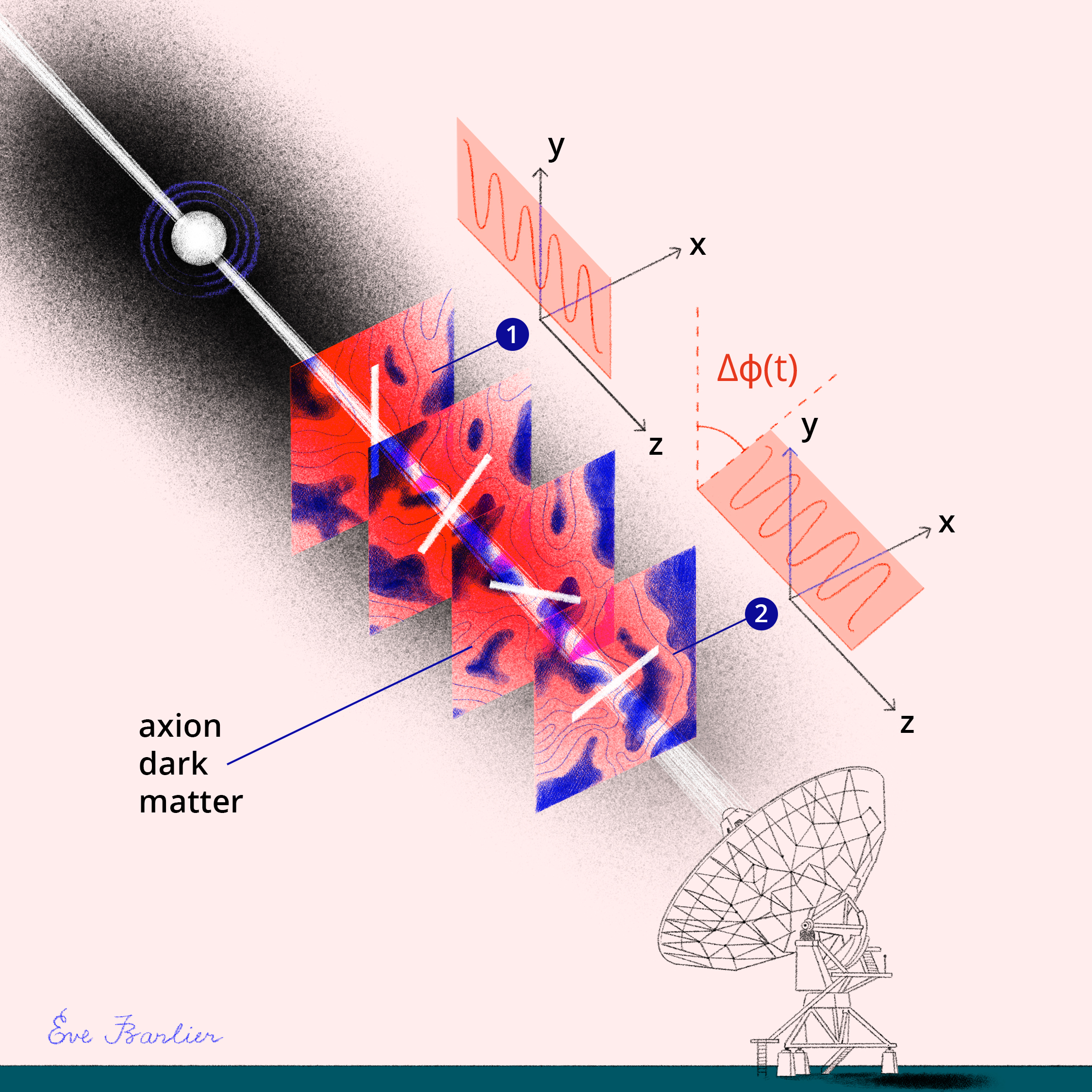
Birrefringence of a pulsar's polarized radio-wave emission induced by axion dark matter waves. - New physics, flavor physics and cosmology: Recent experiments involving decays of bottom-mesons developed at the Large Hadron Collider in CERN have found results which suggest the presence of new muon-specific forces in Nature. Independent hints for such New Physics has also been reported in measurements of the anomalous magnetic moment of the muon. If confirmed, this would imply a discovery transforming our understanding of the fundamental laws of physics at the smallest scales that we have probed. This will have consequences in the Early Universe that we want to explore, such as the production of topological defects, like cosmic strings or magnetic monopoles, the introduction of new mechanisms to explain baryogenesis or the presence of new particles that could constitute dark matter.
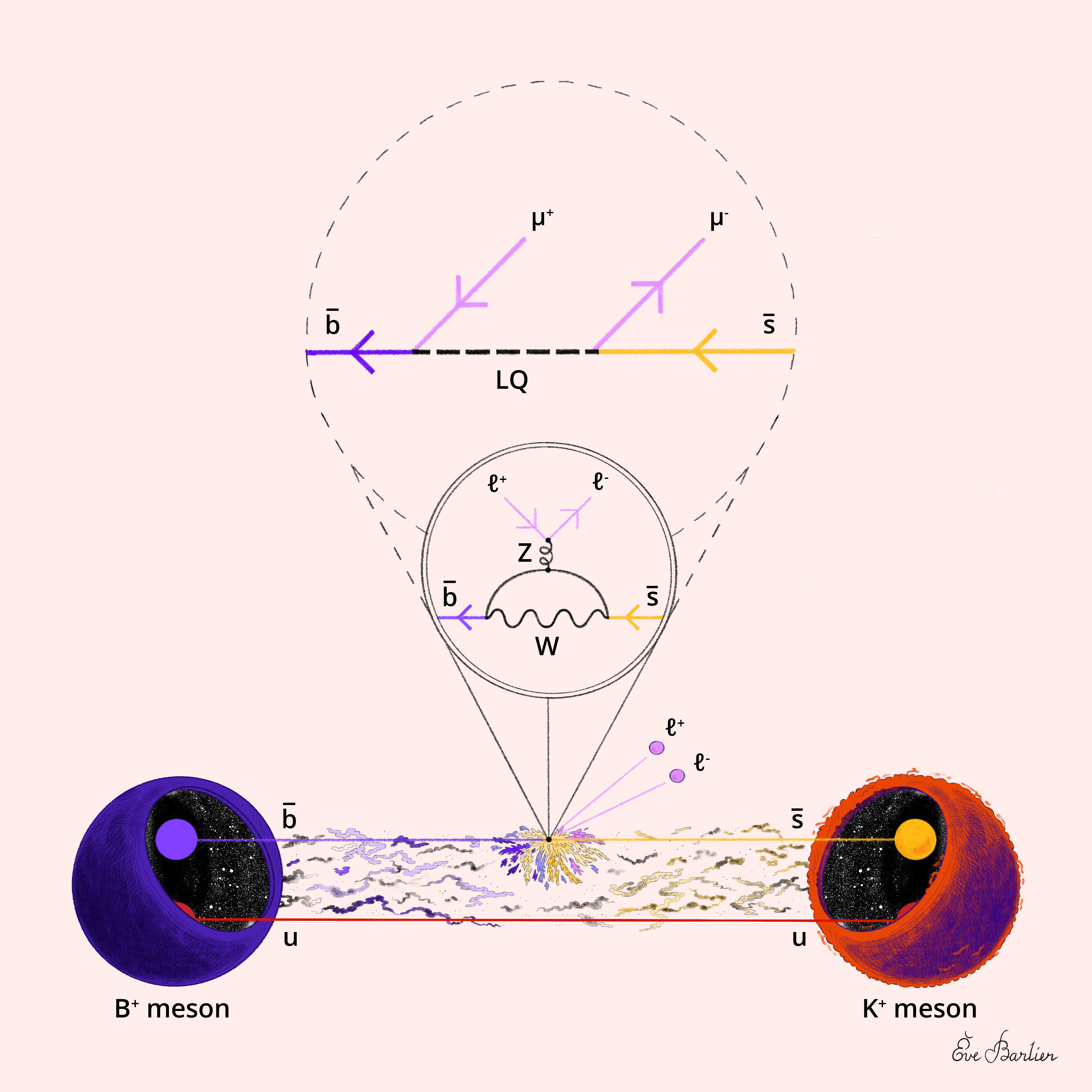
Lepton-Universality violation as measured by LHCb and induced by a super-heavy (m~30 TeV) and exotic particle called the leptoquark. - Fundamental Physics in high-energy gamma rays: We are exploring different strategies that could exploit the ultra-high energies of the gamma rays expected to be observed at the Cherenkov Telescope Array (CTA) or the Large High Altitude Air Shower Observatory (LHAASO) to probe aspects of fundamental physics.
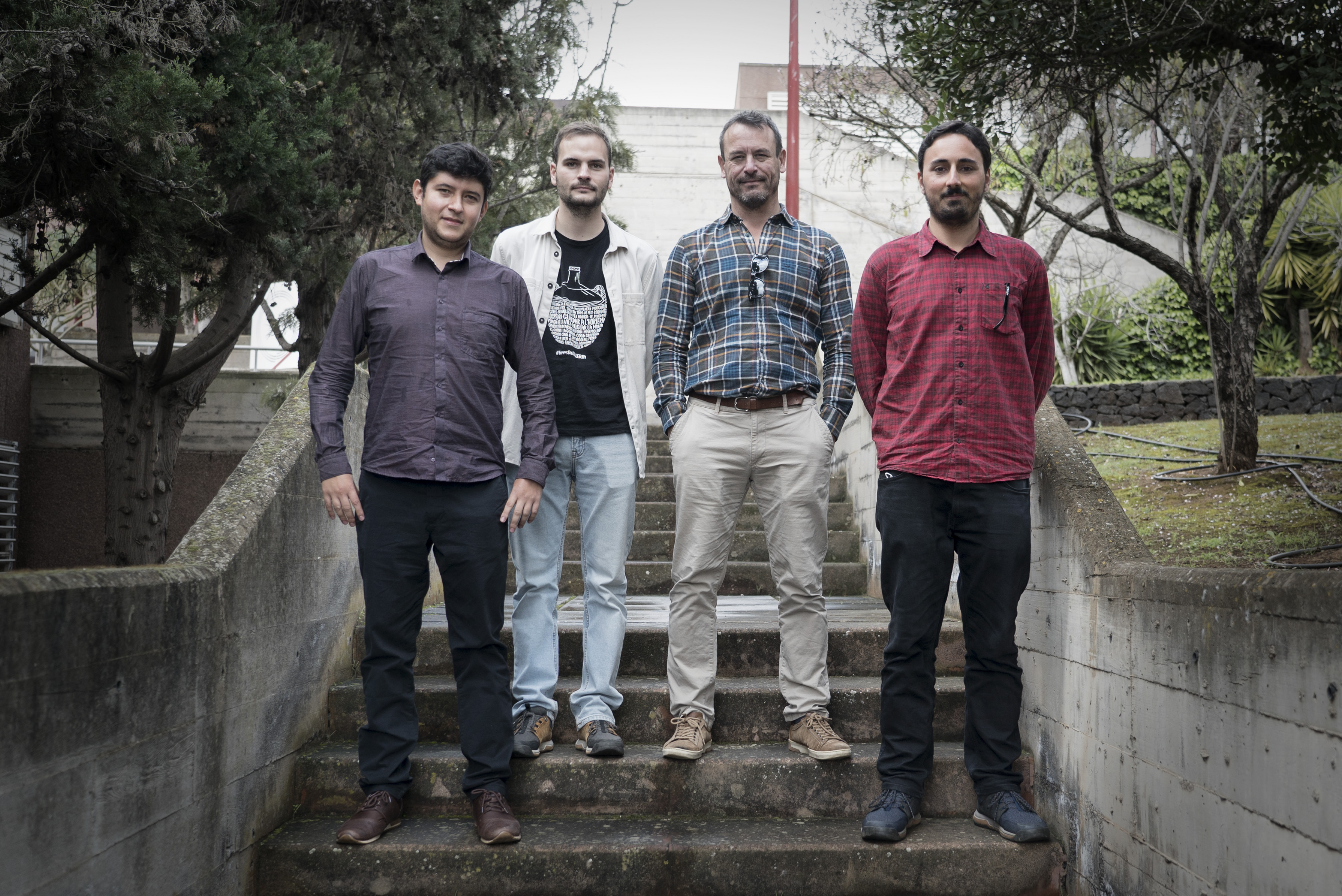
Our group currently consists of 1 Staff (Jorge Martin Camalich), 1 postdoc (Andrés Fernando Castillo Ramirez) and 2 PhD students (Jorge Terol-Calvo and Andrés Bañares Hernández). Please do not hesitate to contact us at jcamalich at iac.es if you would like to do a PhD with us, work with us or visit our group!
Members
Principal investigator
Jorge
Martín Camalich
Project staff
Collaborators
Prof.
Benjamín Grinstein
Prof.
Rodrigo Alonso
Results
Selected papers (authors listed alphabetically):
-
Implications of new evidence for lepton-universality violation in b→sℓ+ℓ− decays, L. S. Geng, B. Grinstein, S. Jäger, J. Martin Camalich and R. Xiang-Shi, Phys. Rev. D, in print.
-
Supernova Constraints on Dark Flavored Sectors, J. Martin Camalich, J. Terol-Calvo, L. Tolos, R. Ziegler,
- (g−2)e,μ in an extended inverse type-III seesaw model, P. Escribano, J. Terol-Calvo, A. Vicente,
Phys. Rev. D 103, 115018 - Scalar resonance in graviton-graviton scattering at high-energies: the graviball, D. Blas, J. Martin Camalich, J. A. Oller,
arXiv:2009.07817 [hep-th] - Quark Flavor Phenomenology of the QCD Axion, J. Martin Camalich, M. Pospelov, P. N. H. Vuong, R. Ziegler, J. Zupan,
Phys. Rev. D 102, 015023
Scientific activity
Related conferences
-
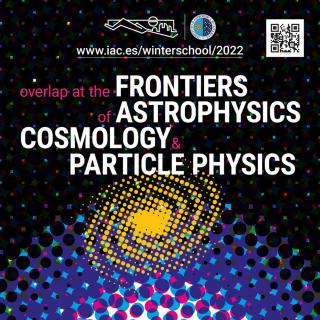 XXXIII Canary Islands Winter School of Astrophysics: Astroparticle Physics and CosmologyThe XXXIII Canary Islands Winter School of Astrophysics, organized by the Instituto de Astrofísica de Canarias (IAC), focuses on Astroparticle Physics and Cosmology. The school, to be held in San"Salón de actos" at the Museo de la Ciencia y el Cosmos (MCC) Avda. Los Menceyes 70 38205 San Cristóbal de La LagunaSpainDate-Past
XXXIII Canary Islands Winter School of Astrophysics: Astroparticle Physics and CosmologyThe XXXIII Canary Islands Winter School of Astrophysics, organized by the Instituto de Astrofísica de Canarias (IAC), focuses on Astroparticle Physics and Cosmology. The school, to be held in San"Salón de actos" at the Museo de la Ciencia y el Cosmos (MCC) Avda. Los Menceyes 70 38205 San Cristóbal de La LagunaSpainDate-Past
